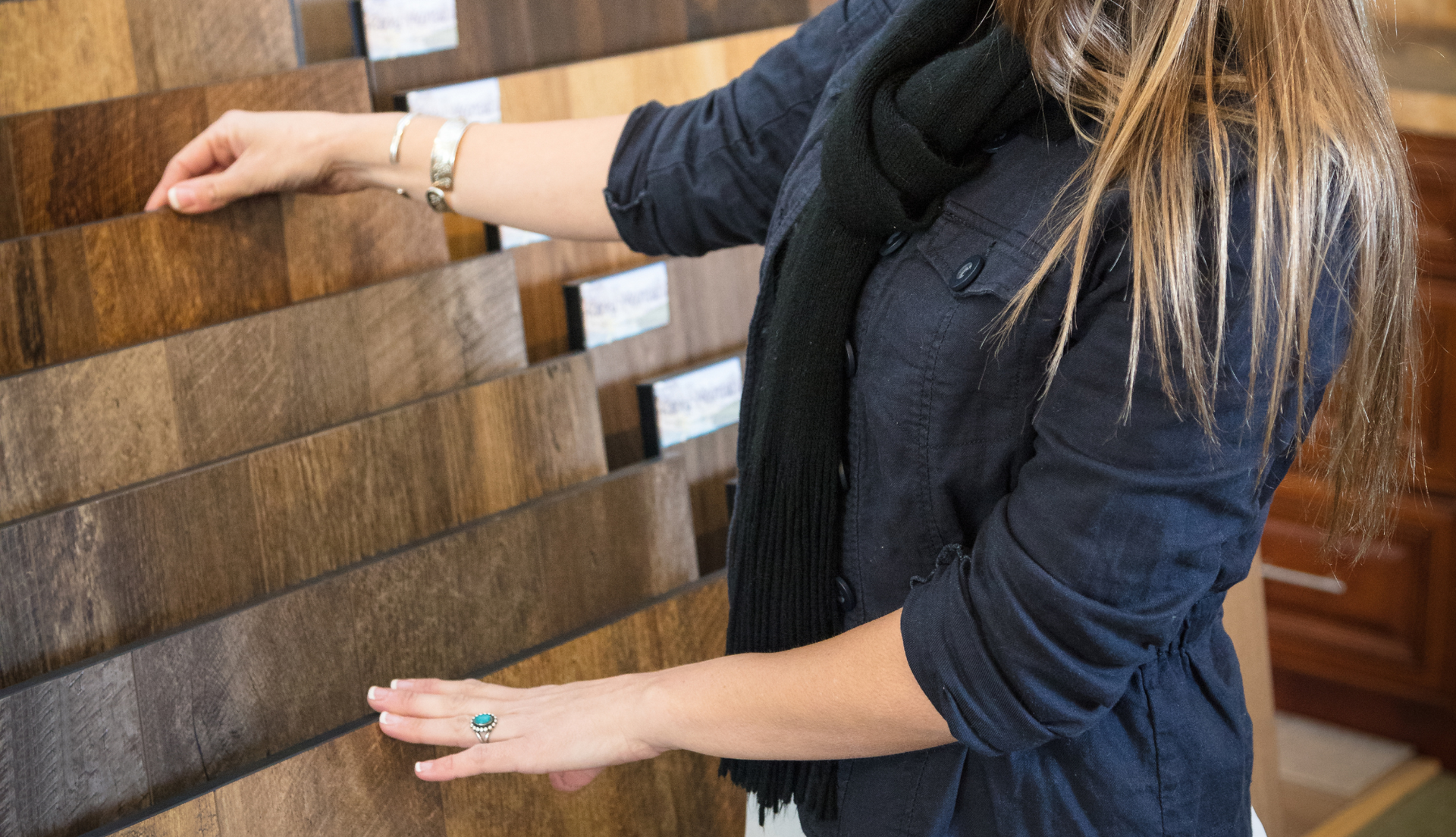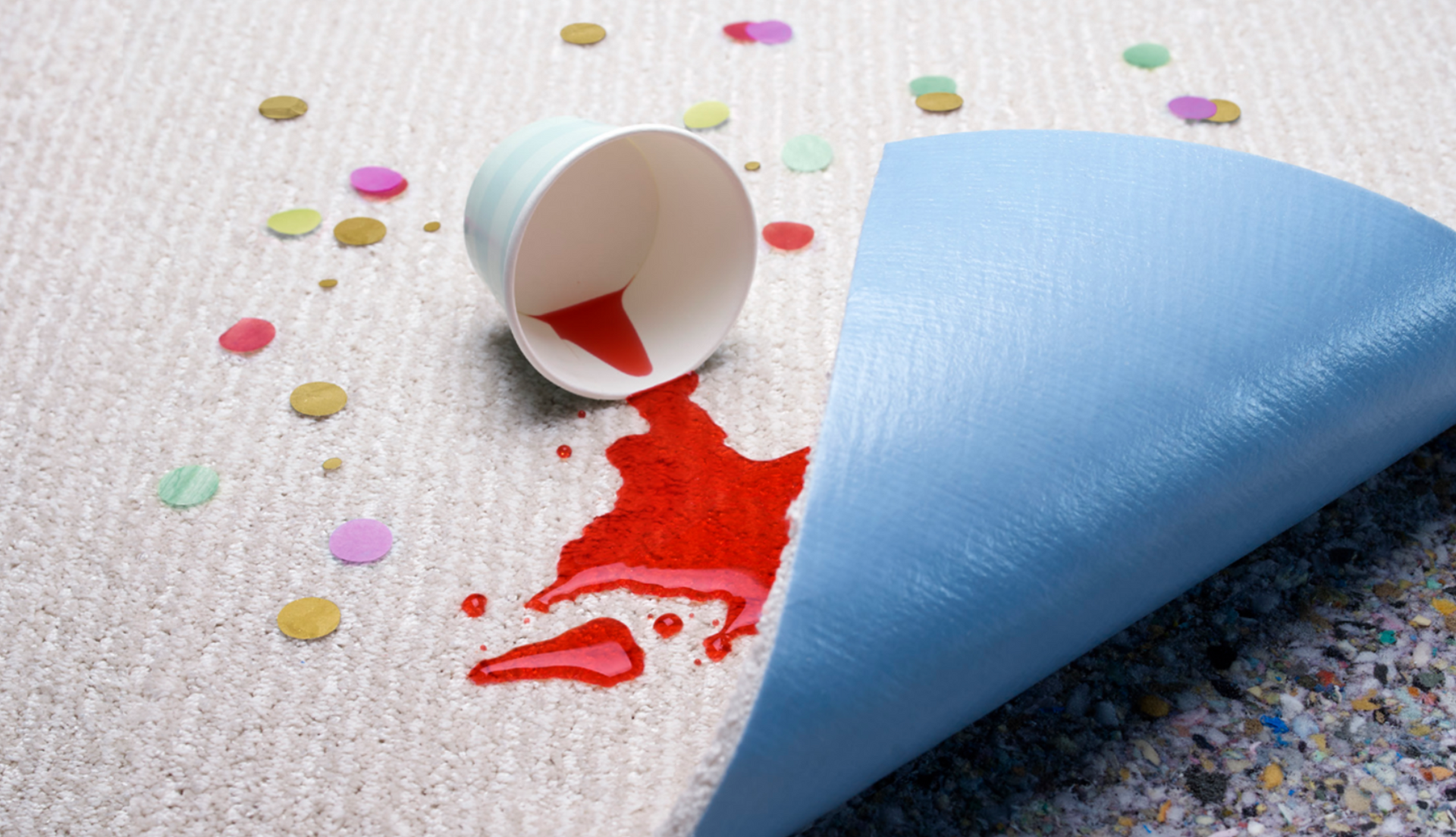The Ultimate Flooring Showdown Laminate vs Luxury Vinyl
Choosing the right flooring for your home is a crucial decision. It impacts the aesthetics, functionality, and value of your house. So, what's the difference between LVP and Laminate?

With the plethora of options available, the choice can be overwhelming. Two popular choices among homeowners, DIY enthusiasts, renovators, and interior designers are laminate flooring and luxury vinyl plank (LVP). This blog will dissect these two flooring options, helping you make an informed decision for your next project.
What is Laminate Flooring?
Laminate flooring is a versatile and popular choice for many homes. It is made up of multiple layers, including a high-density fiberboard (HDF) or particleboard core, a photographic applique layer that mimics real wood, and a protective wear layer on top. These layers are fused together through a lamination process, resulting in a durable and visually appealing floor covering.
Laminate Pros and Cons
Pros of Laminate Flooring
Affordable: Laminate flooring is generally more budget-friendly compared to hardwood and luxury vinyl. This makes it an attractive option for homeowners looking for a cost-effective solution without compromising on aesthetics.
Durable: High-quality laminate is resistant to scratches, dents, and fading. It’s an excellent choice for high-traffic areas like living rooms, hallways, and playrooms.
Easy Installation: Laminate floors typically come with a click-lock installation system, making them easy to install as a floating floor over an underlayment. This makes it a favorite among DIY enthusiasts.
Cons of Laminate Flooring
Moisture Sensitivity: Traditional laminate flooring can be susceptible to water damage. Spills and moisture can cause the core to swell and warp, although newer waterproof options are mitigating this issue.
Sound and Feel: Some people find laminate floors to be noisier and less comfortable to walk on compared to other flooring options. This can be addressed with a good quality underlayment.
Repairs: Unlike hardwood, laminate cannot be refinished. If it gets damaged, you’ll need to replace the affected planks.
What is Luxury Vinyl Plank (LVP)?
Luxury vinyl plank (LVP) is a high-end vinyl floor that mimics the look of natural wood or stone, not this is not the old school linoleum rolls you may be thinking of. LVP consists of multiple layers, including a rigid composite core, a printed vinyl layer, and a wear layer on top for protection. LVP is designed to provide the aesthetic appeal of wood or stone with added durability and ease of maintenance.
LVP Pros and Cons
Pros of Luxury Vinyl Plank
Waterproof: One of the most significant advantages of LVP is that it is 100% waterproof. This makes it an ideal choice for areas prone to moisture, such as bathrooms, kitchens, and basements.
Durability: LVP is highly resistant to scratches, dents, and stains. It’s built to withstand heavy foot traffic and is suitable for both residential and commercial spaces.
Comfort: LVP often comes with an attached underlayment, providing a softer and quieter feel underfoot compared to laminate. This makes it more comfortable to walk on, especially in rooms where you spend a lot of time standing.
Cons of Luxury Vinyl Plank
Cost: While generally more affordable than hardwood, higher-end LVP can be more expensive than laminate. However, its durability and waterproof features may justify the additional cost.
Installation: Although LVP can be installed as a floating floor, it requires precise measurements and cutting, making it slightly more challenging for DIYers compared to laminate.
Environmental Impact: LVP is made from synthetic materials, which might not be as eco-friendly as other flooring options. However, many manufacturers are now offering more sustainable options.
Key Differences Between Laminate and LVP
Understanding the key differences between laminate and LVP can help you make the right choice for your home.
Composition
Laminate: Made from a high-density fiberboard (HDF) or particleboard core with a photographic applique and a protective wear layer.
LVP: Consists of a rigid composite core, a printed vinyl layer, and a protective wear layer. The core can be either WPC (wood-plastic composite) or SPC (stone-plastic composite).
Water Resistance
Laminate: Traditional laminate is not waterproof and can be damaged by moisture. However, newer waterproof laminates are available.
LVP: Completely waterproof, making it suitable for any room in the house, including bathrooms and basements.
Durability
Laminate: Highly resistant to scratches, dents, and fading but can be damaged by water.
LVP: Extremely durable and resistant to scratches, dents, and stains. Suitable for high-traffic areas and commercial use.
Comfort and Sound
Laminate: Can be noisier and less comfortable to walk on, but this can be improved with a quality underlayment.
LVP: Often comes with an attached underlayment, providing a softer and quieter feel underfoot.
Installation
Laminate: Easy to install with a click-lock system, making it a popular choice for DIY projects.
LVP: Can be installed as a floating floor but requires more precise measurements and cuts.
Choosing the Right Flooring for Your Home
When deciding between laminate and LVP, consider the following factors:
Location: For areas prone to moisture, such as bathrooms and basements, LVP is the better choice due to its waterproof properties. Laminate can be used in living rooms, bedrooms, and other dry areas.
Budget: Laminate is generally more budget-friendly, making it a good option for cost-conscious homeowners. LVP offers added durability and waterproof features, which may justify the higher cost.
Aesthetic Preference: Both laminate and LVP come in a wide range of designs and finishes. Consider the look you want to achieve and choose the option that best matches your style.
Installation: If you plan to install the flooring yourself, laminate’s click-lock system may be easier to work with. LVP requires more precision but offers a professional finish.
Both laminate and luxury vinyl plank offer unique benefits and can be excellent choices for your home. By understanding the differences and considering your specific needs and preferences, you can make an informed decision that enhances the beauty, functionality, and value of your home.
If you have any questions or need further guidance, feel free to reach out to us at Floors Plus or visit our showrooms. Our team is here to help you every step of the way.












